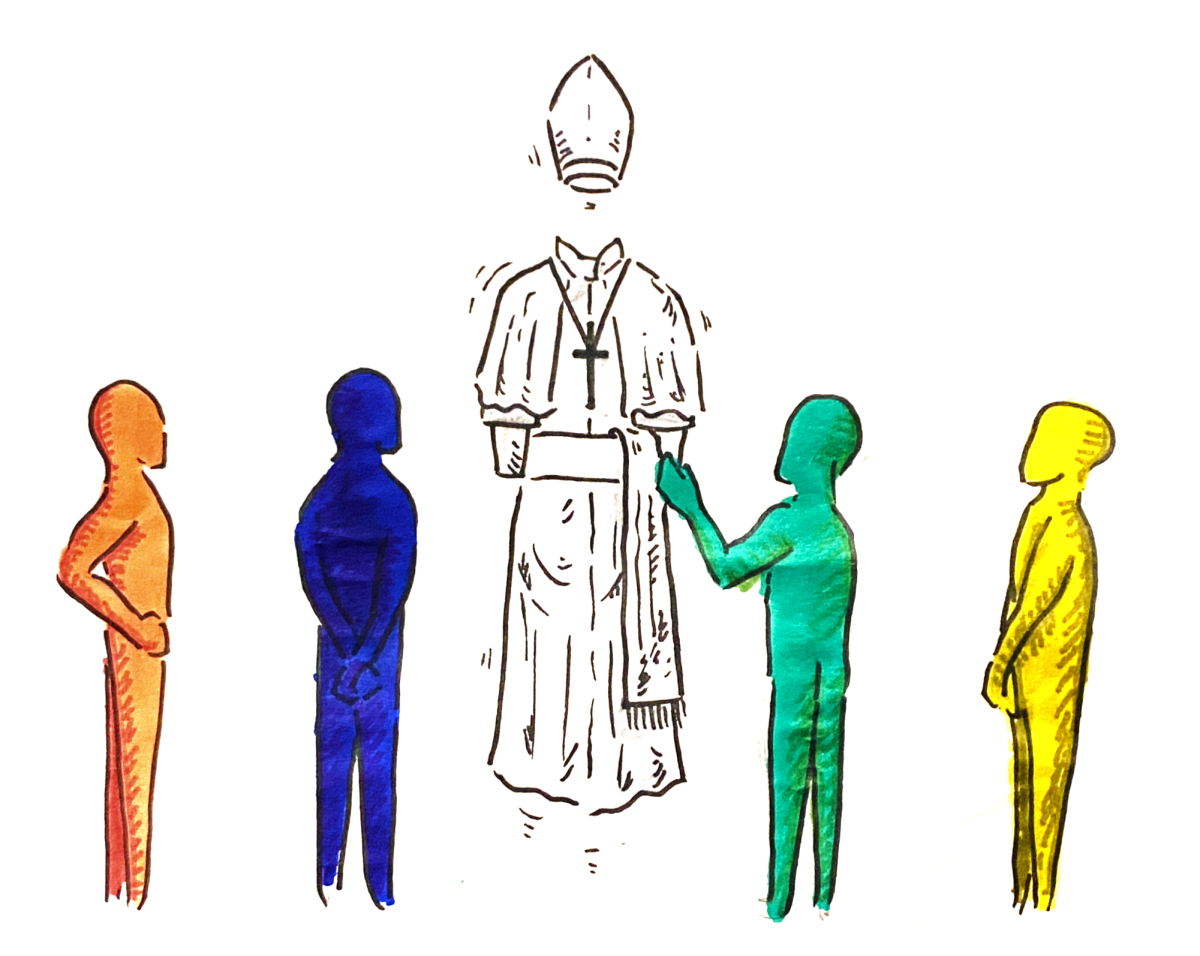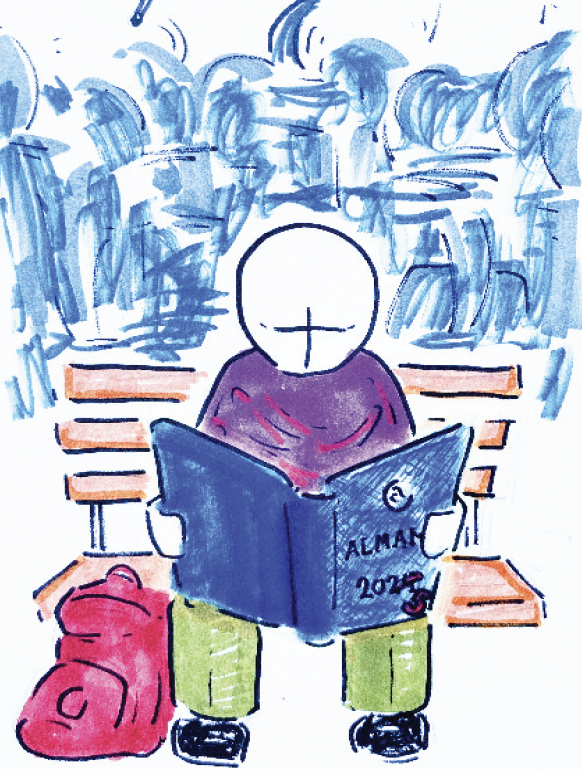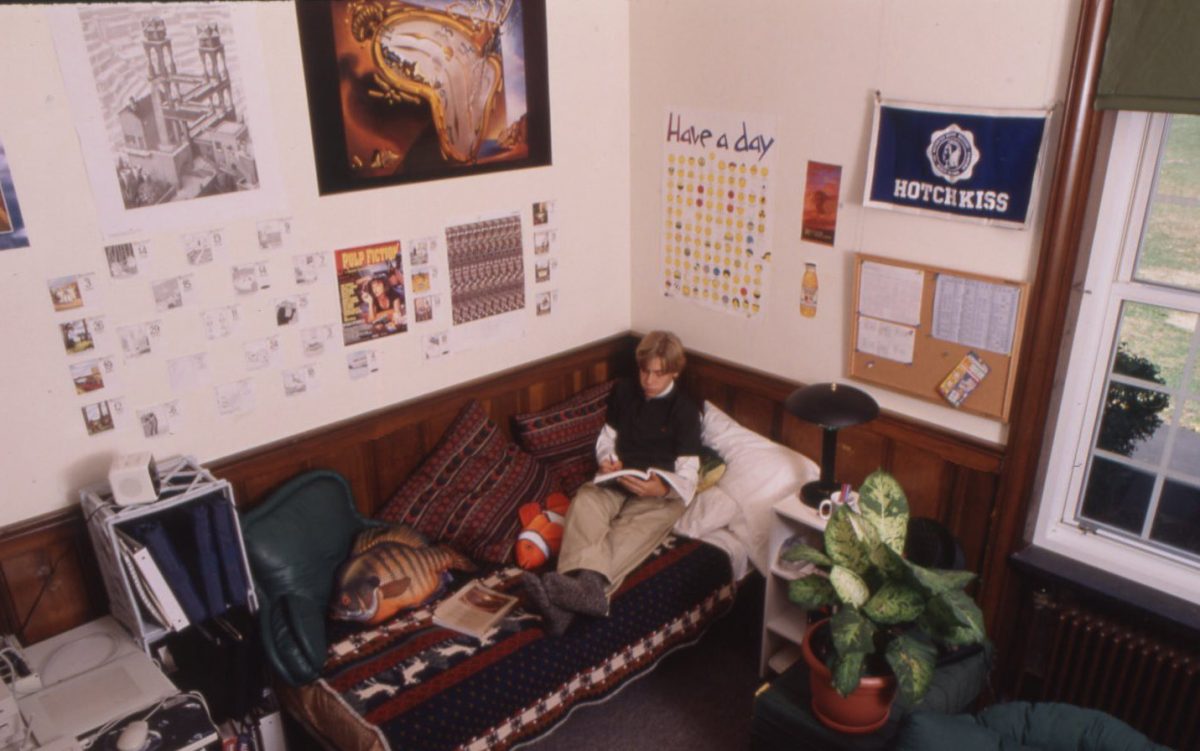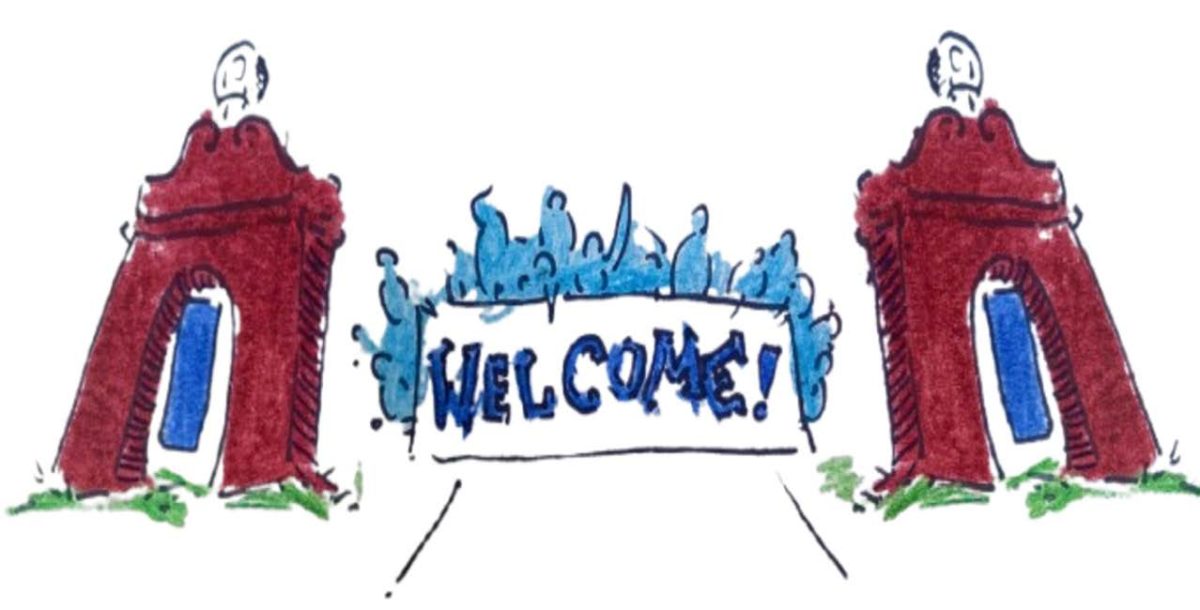At 12:08 p.m. ET on May 8, I watched online as white plumes blossomed from the Sistine Chapel, signaling the election of Robert Francis Prevost—now Pope Leo XIV. As the first American and first Peruvian pontiff, his ascension is historic. Although many hoped for a non-American pope, his election is welcome news. Pope Leo’s compassion and commitment to social justice makes him a role model for Catholics and non-Catholics alike.
Born in 1955 in Dolton, Illinois, Leo entered an Augustinian high school seminary at the age of 14 and studied theological education at Villanova University and Rome’s Angelicum. After graduation, he served in Chiclayo—one of the poorest regions of Peru—as a missionary priest and bishop. This experience shaped his progressive views on global issues.
When a devastating flood hit Chiclayo, Leo mobilized the Church to distribute aid and coordinate with local businesses. He waded through flooded areas in his rubber boots to look after the Peruvian people. He also worked with local churches to provid shelter and food to Venezuelan migrants in Chiclayo.
Leo has publicly challenged conservative voices in the Church on a number of issues, especially immigration. In February 2023, JD Vance cited the Catholic theological concept ordo amoris (order of love) to justify his anti-immigrant sentiment. Father Provest responded by sharing an article on X with the headline, “JD Vance is wrong: Jesus doesn’t ask us to rank our love for others.”
Moreover, Leo is a strong advocate for environmental initiatives. He praised the Vatican for installing solar panels and switching to electric vehicles, and urged the Church to move “from words to action” at a 2024 climate seminar in Rome. Climate change is one of the world’s most pressing issues today, and Leo’s commitment to preserving the planet will be pivotal in increasing support for important action.
However, his actions up to this point suggest he may not advance women’s roles or LGBTQ+ inclusion as boldly as I would have hoped. While Leo backed Pope Francis’ decision to allow women to participate in the Dicastery for Bishops, he has opposed the ordination of women as deacons. Additionally, despite supporting Pope Francis’ declaration allowing blessings for same-sex couples, he said that local bishops should interpret these guidelines based on their own cultural contexts. Six weeks before Leo’s election, the Survivors Network of Those Abused by Priests (SNAP) criticized him for mishandling two cases involving alleged sexual abuse by priests. SNAP alleges that as provincial supervisor of Chicago in 2000, Leo allowed a priest accused of sexually abusing thirteen minors to live at a friary half a block from an elementary school; and that in 2023, he allegedly failed to take direct action against priests who had been accused of sexually abusing minors. However, sociologist Rodolfo
Soraino Nuñez said, “Prevost was the best bishop in Peru when dealing with abuse cases in his diocese.” Leo said in 2019 that the Church “reject[s] cover-ups and secrecy” around sexual abuse cases because they want to “help people who have suffered due to wrongdoing.” So, amidst these conflicting claims, I support him with the hope that he will take meaningful action to address the pattern of abuse in the Church.
While he is flawed, Leo’s commitment to the underprivileged, migrants, and the environment will undoubtedly move the Church forward. In a time where empathy is sparse, he represents compassion, humility, and justice.
As I watched white smoke dissipate into blue skies, I have faith that Leo XIV is the right choice for our future.





